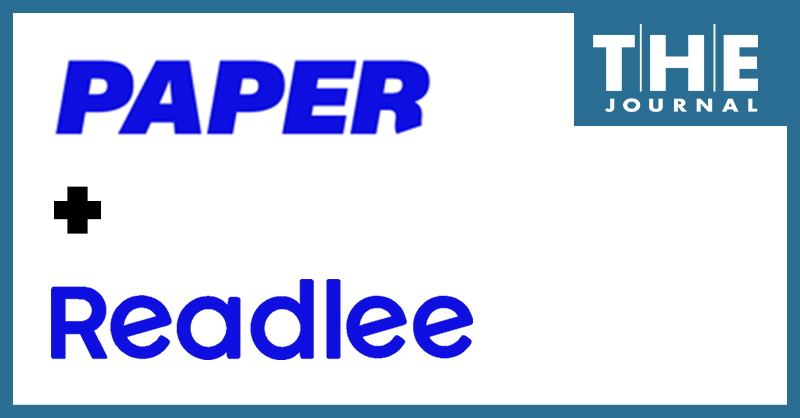
Educational support platform and tutoring provider Paper has acquired Readlee, whose software uses artificial intelligence and speech-recognition technology to help students improve their reading skills, according to a recent announcement by Paper.
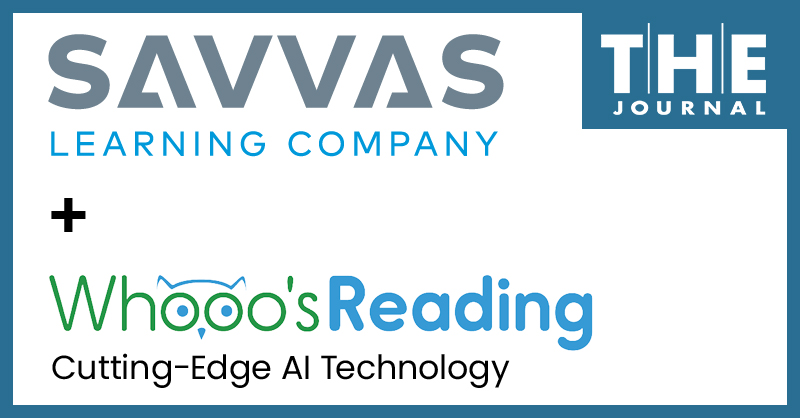
Savvas Learning Company has acquired Whooo’s Reading and its AI-driven technology that gives students adaptive feedback on their writing and reading skills and shows teachers where students may need extra support or personalized instruction.
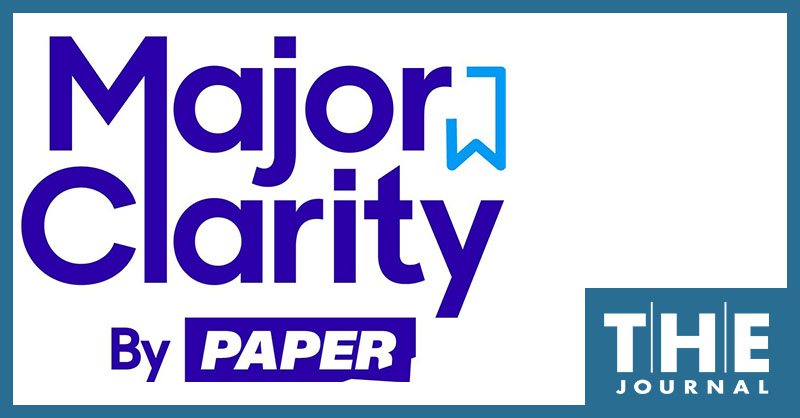
Digital tutoring provider Paper has acquired MajorClarity, a career and college readiness platform, and integrated its CCR functions into its expanded platform as part of its plan to transform Paper into a comprehensive “Educational Support System” solution for K–12 schools, Paper said.

Over the three years since Ector County ISD launched its tutoring program, the district has achieved remarkable growth, and superintendent Scott Muri recently joined THE Journal Insider podcast host Kristal Kuykendall to share some of the lessons learned during the pilot and implementation, such as its use of outcomes-based tutoring contracts, strictly structured tutoring sessions, and teacher involvement.

For THE Journal's 7 Questions Ed Tech Explainer series, Lenovo’s Education Software General Manager Coby Gurr shares how Lenovo’s K–12 division and particularly its classroom management software LanSchool emphasize inclusivity, accessibility, and a holistic, integrated approach to school technology — and how Lenovo EDU’s line of hardware, software, and services aim to provide a “comprehensive learning environment.”
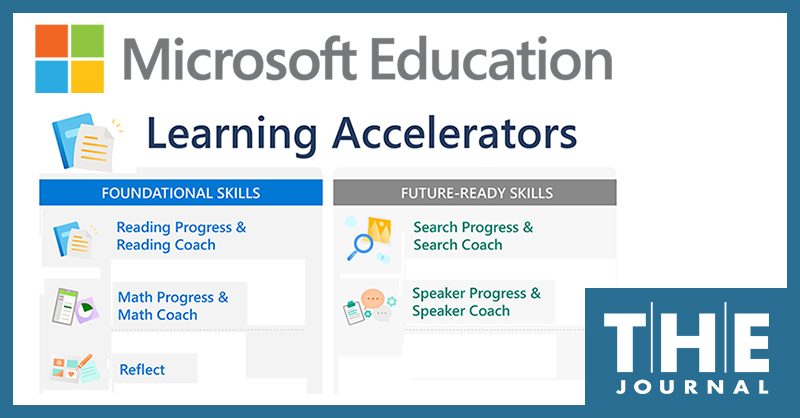
Less than a year after introducing its Reading Coach and Reading Progress tools for education users, Microsoft today introduced an entire suite of similar tools called Learning Accelerators that focus on digital literacy, speaking and presentation skills, and math, each with a “Coach” tool for students and a “Progress” monitoring and assigning tool for teachers.
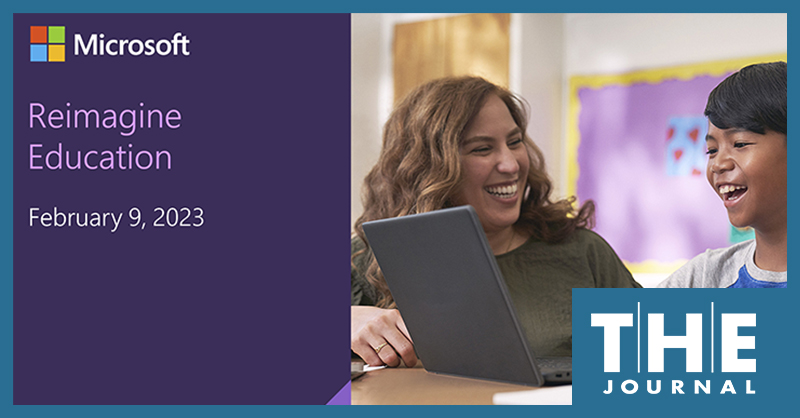
Microsoft Education is gearing up to introduce new learning tools and share more details about recently launched tools during a virtual event for educators and education leaders on Thursday, Feb. 9, the company said.
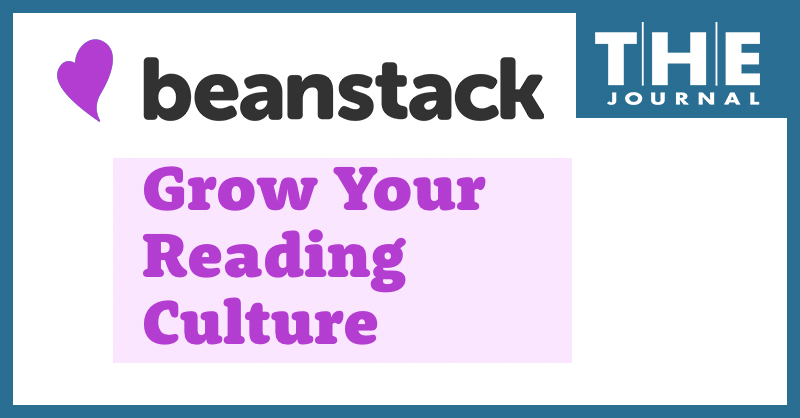
Beanstack this week unveiled new features for K–12 administrators, teachers, and librarians to enable them to monitor students’ weekly reading progress, create classroom challenges and more in an effort to “grow a culture of reading” at users’ schools, the company said.
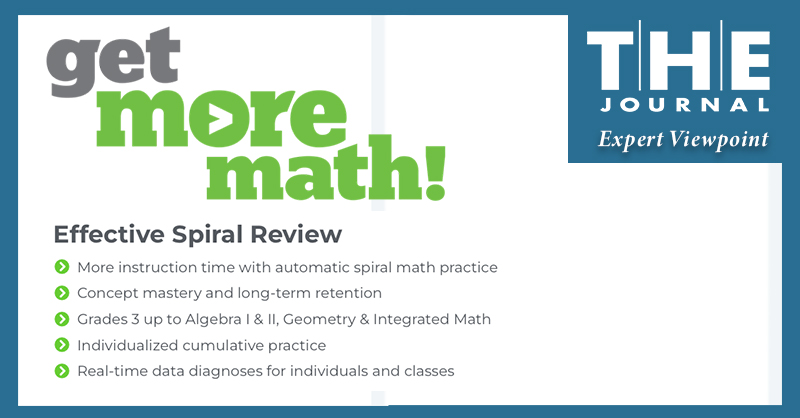
Students need to learn not only math shortcuts, processes, and formulas — they also must learn the underlying concepts behind them. Students need a deeper conceptual understanding of math so they can transfer their knowledge to new contexts and are less prone to making mistakes. They also need more time for learning math in school and more focus on long-term retention.
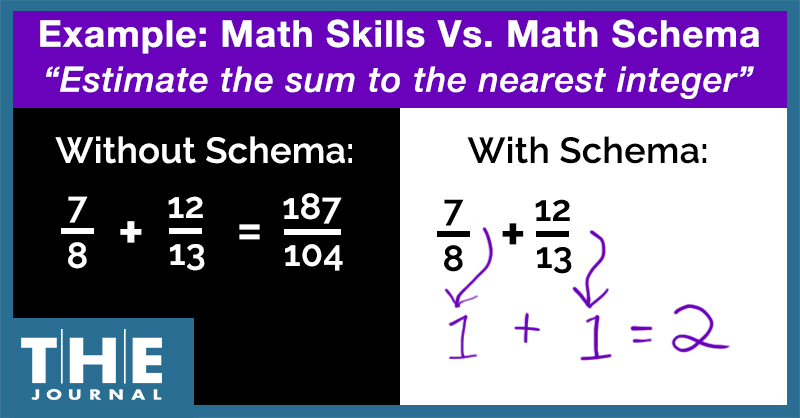
With so-called learning loss from the pandemic continuing to harm students, schools can't just return to normal methods of teaching math. Fortunately, researchers have a strong understanding of how people learn math, just as they did with the now widely accepted science of reading. However, that understanding is taking too long to filter into classroom instruction.